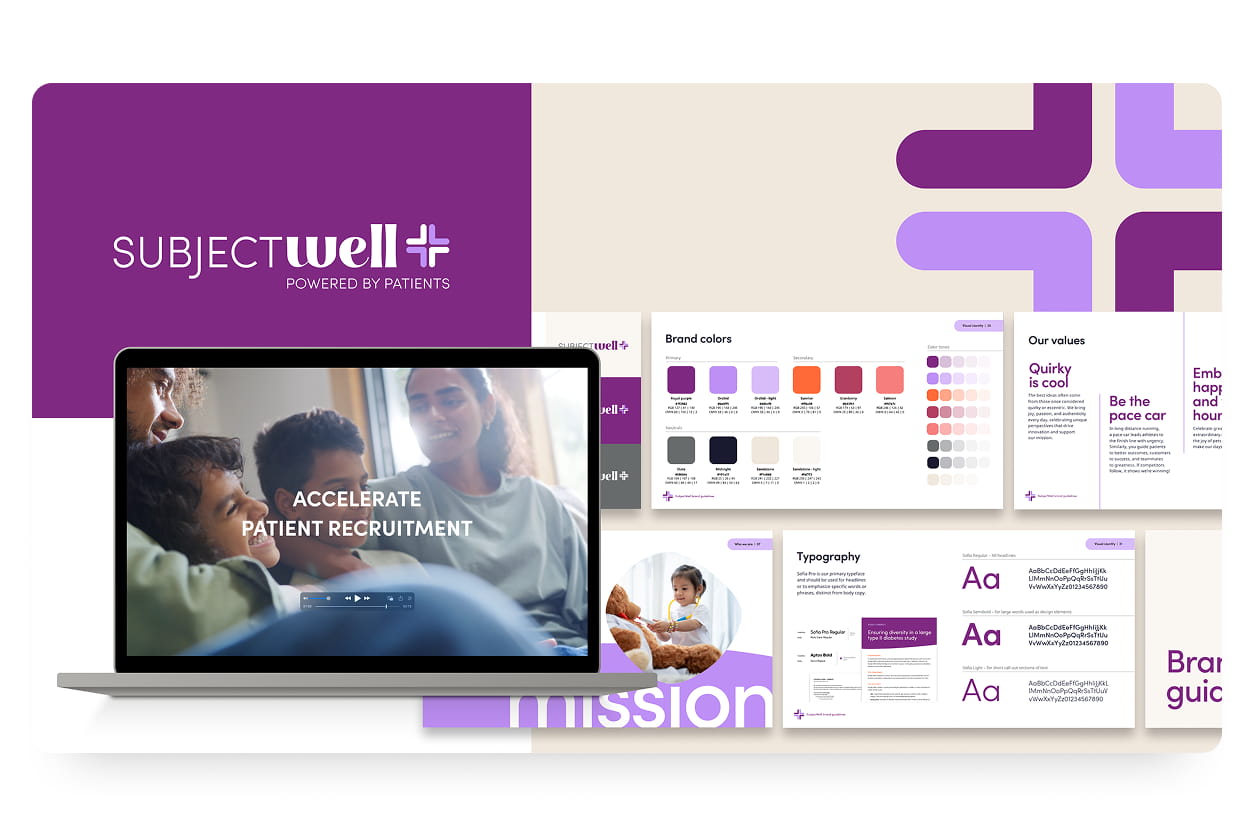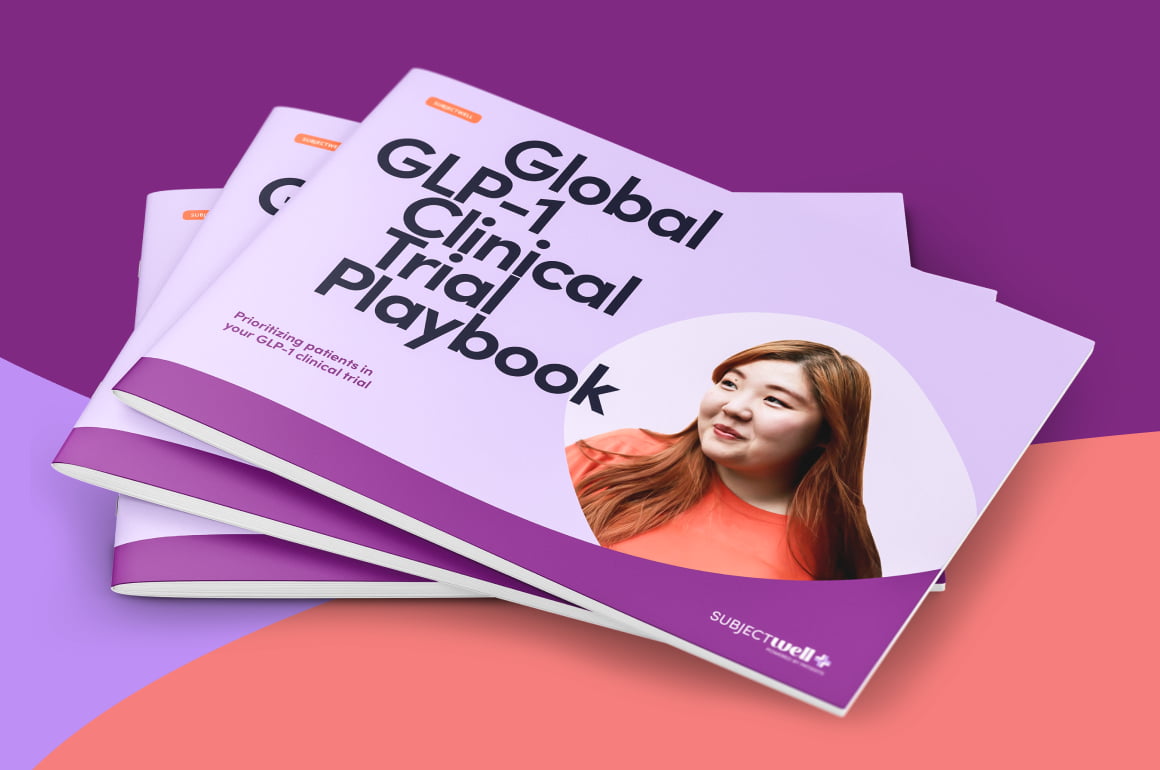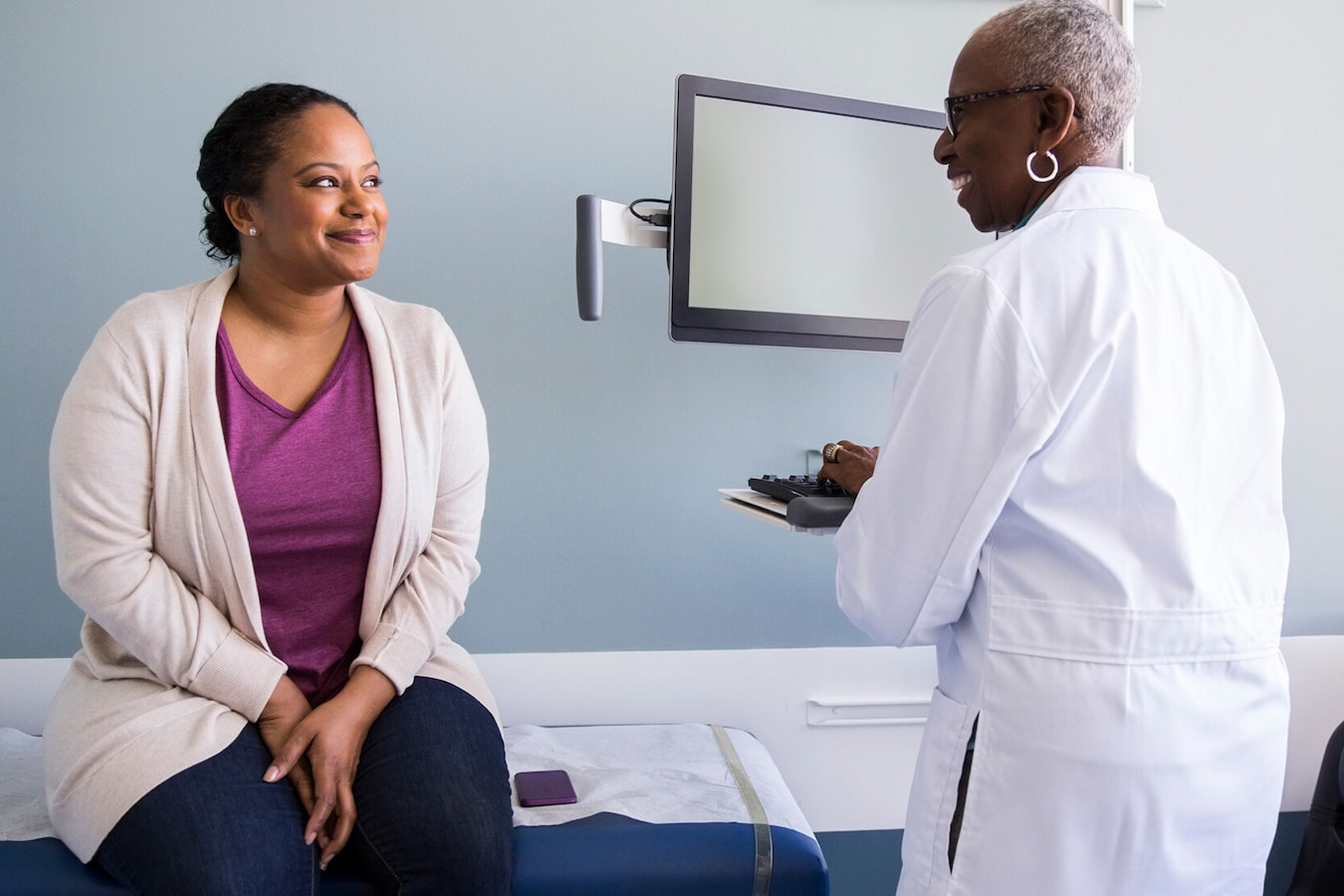
Learn why social media is such a powerful patient recruitment engine for clinical trials.
It’s not exactly a secret that clinical trials still struggle when it comes to patient recruitment, stemming largely from a general lack of awareness among key patient demographics. New NIH research indicates that, though they demonstrate overwhelming interest in participation, 85% of cancer patients are unaware of clinical trials that may benefit them. Moreover, it’s clear that traditional channels aren’t providing sufficient ROI – doctors and nurses only refer 0.2% of their patients to appropriate trials.
In the face of low enrollment rates, clinical trials must capitalize on the growing trend toward patient empowerment and embrace digital marketing channels, especially social media. Here are a few of the most common questions we receive about buying social ads.
What Does Social Media Offer Over Traditional Recruitment Methods?
Undoubtedly, one of the biggest advantages that advertising on social media provides is reach. With over two billion monthly active users, Facebook contains the largest captive audience of any media channel anywhere. In fact, certain chronic or rare conditions like Alzheimer’s and Parkinson’s disease have 100% representation on the platform – meaning that every single potential patient can be reached through their own profile or that of a caregiver.
Facebook has combined two of its best features – virtual social networks and a massive user base – into a thriving hub for online patient communities. The site is now home to more than six million health-related pages and groups where patients, families, and caregivers can gather information and give advice. More importantly, users keep coming back to these networks; a recent Health Union survey found that more than 50% of patients with chronic conditions use social media for health-related purposes every month. Patients clearly trust social media communities for health advice, and clinical trials should use that trust to connect with potential participants.
How do I find potential patients?
The size of Facebook’s user base is certainly compelling, but without Facebook’s extensive targeting capabilities, it wouldn’t actually provide value from a clinical trial recruitment perspective.
Facebook offers diverse targeting criteria that allow trials to reach highly specific audiences, built around key inclusion/exclusion criteria, in order to generate more qualified patient referrals more quickly and cost efficiently. For example, a trial hoping to recruit local breast cancer patients could build a campaign that targets women within a certain region who are members of one or more online breast cancer support groups. Facebook’s platform can even identify groups of users who have previously demonstrated interest in clinical trials by clicking on similar ads or liking certain pages.
What compliance issues do I need to consider?
Though clinical trial advertising through social media has tangible benefits, sponsors and CROs need to uphold their responsibilities to potential patients in the process. Unlike print, radio, or other traditional channels, social media does not allow for control over exactly when and where an ad is placed. Therefore, anything distributed through social media platforms should be published in a locked format that users cannot change and recirculate.
Landing pages for any digital ad must be secure, especially pages where a user is prompted to input personal information. Clinical trials should also familiarize themselves with the privacy practices of any third-party platform, including Facebook, as sites often reserve the right to collect and sell survey data gathered on their pages.
The NIH has published a set of best practices for distributing clinical trial materials through social channels that sponsors and CROs must adhere to when purchasing digital ads. Trials should work with the IRB to develop compliant advertising and think through any potential privacy issues before proceeding.
Sponsors and CROs are already beginning to see social media marketing’s impact on clinical trial recruitment. As more and more patients seek out health information on digital channels, Facebook and other social networks will become reliable sources of qualified patients.





